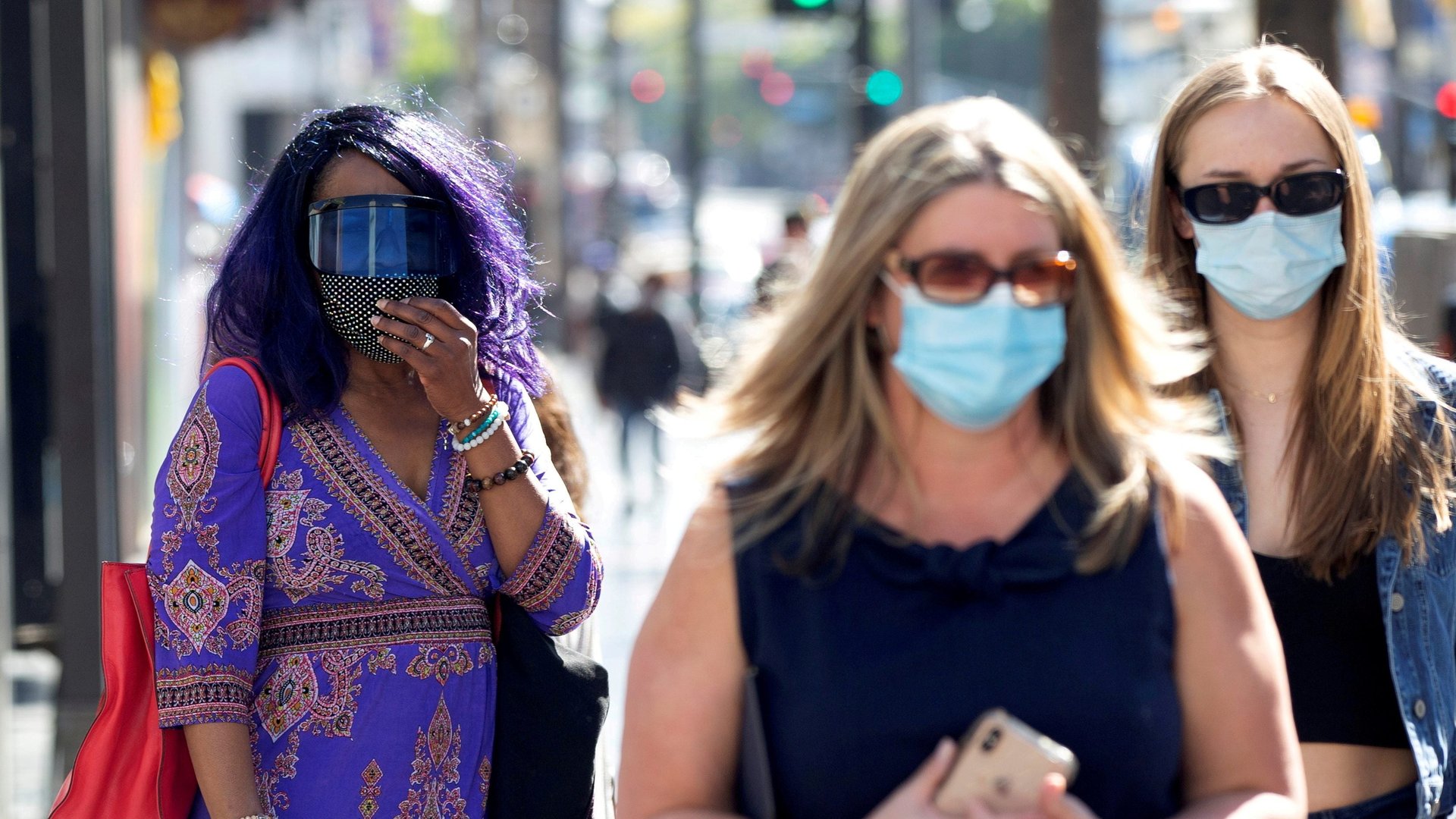These are the countries where the delta variant of Covid-19 is now dominant
The Covid-19 delta variant is fast becoming the most dominant strain globally.


The Covid-19 delta variant is fast becoming the most dominant strain globally.
As of July 20, the delta variant, which was first detected in India in October 2020, has spread to over 100 countries. This estimate from the World Health Organization comes with a warning that the delta variant spreads faster than all other variants at the moment.
The WHO has said that delta is more transmissible than the other variants currently on its radar, like the alpha variant, first discovered in the UK in December, or the lambda variant, found in Peru in December.
While India has been slow in sequencing, which makes it hard to peg delta variant as the cause of the apocalyptic second wave in the country in April and May, there is conclusive evidence from countries that sequence samples in greater volumes.
In the UK, for instance, the delta variant has almost entirely overpowered the alpha variant, which was first detected in the country’s Kent region in December. It is tearing through South Asia, especially across countries with low vaccination numbers. And even Australia, with its iron-clad lockdowns, has not been able to keep this “fitter and smarter” variant out.
In the US, the delta variant now accounts for 83% of all new cases, a large proportion of which is among those who have not been vaccinated. For this reason, Rochelle P Walensky, director of the US Centers for Disease Control said that with the spread of the delta variant, “This is becoming a pandemic of the unvaccinated.”
The rise of delta cases among the unvaccinated
The delta variant’s greater transmissibility is because of its higher viral loads, and one infected person can infect nearly twice as many people as one would have with the alpha variant. The alpha variant itself was already more transmissible than the first strain of Covid-19.
But the worst effects of the delta can be seen in countries that have lower vaccination rates. In countries like Indonesia, South Africa, and Thailand, which have at least vaccinated less than 15% of their populations, delta has ripped through cities and threatens to overwhelm healthcare infrastructure.
In India, too, the sudden surge in the number of cases during its second wave corresponded to the slow vaccination rates. In April, when the second Covid-19 wave was yet to peak and India was witnessing close to 400,000 new cases a day, the vaccination rate had significantly come down to about 2 million doses a day owing to vaccine shortages.
But even in countries with significant populations vaccinated, delta is fast spreading.
This is, in part, because the threshold for herd immunity at the community level also increases when variants spread faster. Simply put, the more people a variant can potentially infect, the more people will need to be vaccinated to check its spread.
The countries below are those that have sequenced the delta variant and have data to show its dominance. The volume of sequencing varies from region to region, and it is thus hard to conclusively say how many delta variant cases exist in the world today.
Where has delta spread?
Do vaccines protect against the variant?
The spread of delta is particularly alarming for countries like the US and the UK, where significant proportions of the population have been either partially or fully vaccinated.
But the delta variant is known to render vaccines less effective, especially among those who have only been partially vaccinated, according to Public Health England’s (PHE) analysis. Both adenoviral vaccines (such as AstraZeneca’s) and mRNA shots (like Pfizer’s) are only about 33% effective against delta after a single dose.
But PHE studies have also found that while the delta variant can make vaccines less effective even among those who have gotten both their shots, the efficacy is still high—over 90% effective in preventing hospitalizations.
In real-world terms, this is evident in the UK, which has seen a rapid surge in Covid-19 infections, but not a corresponding surge in hospitalizations, or death. “Our vaccination program is working and is severely weakening the link between cases, hospitalizations, and deaths,” UK’s vaccine minister Nadhim Zahawi said on July 16.